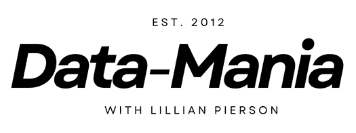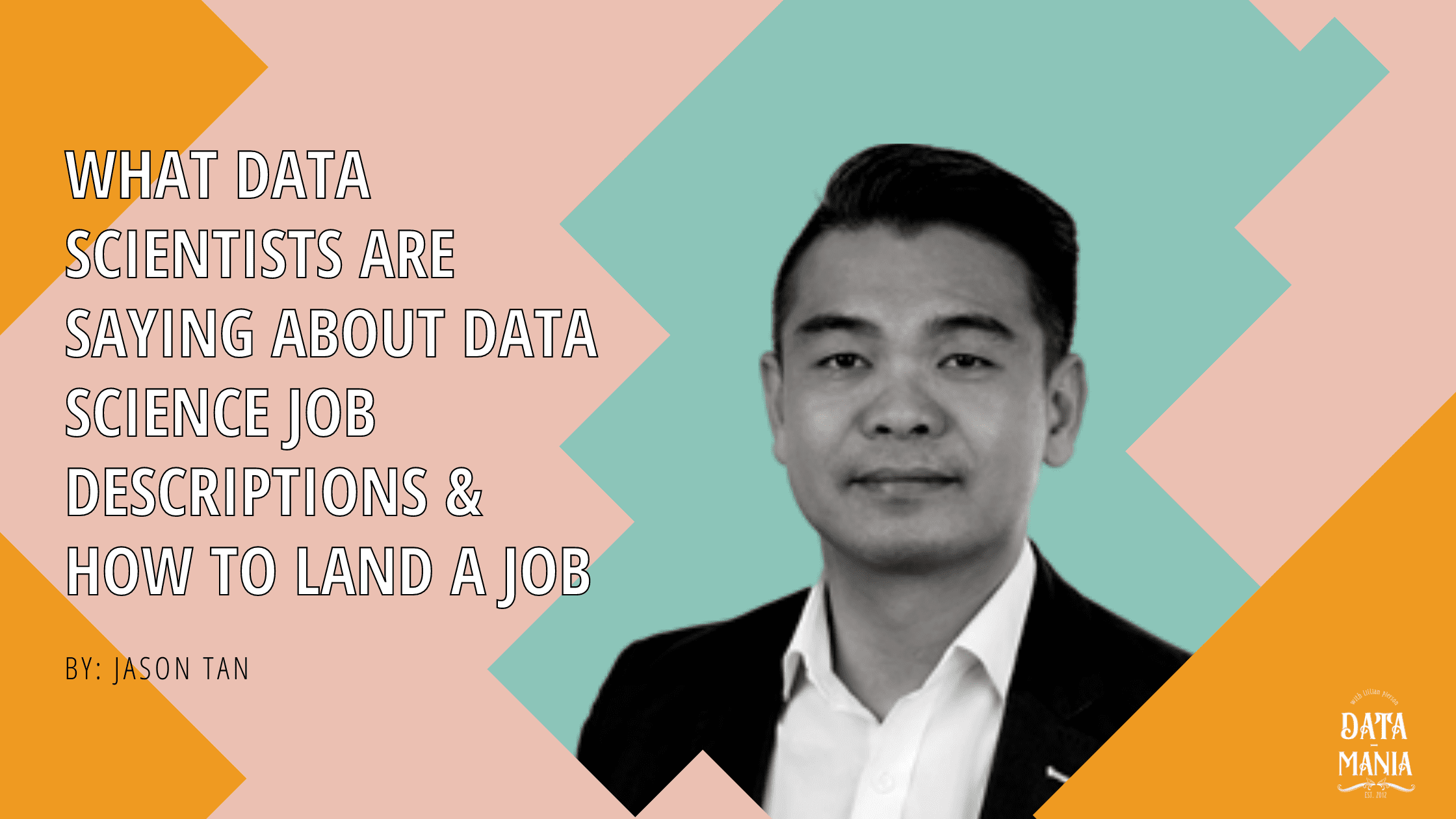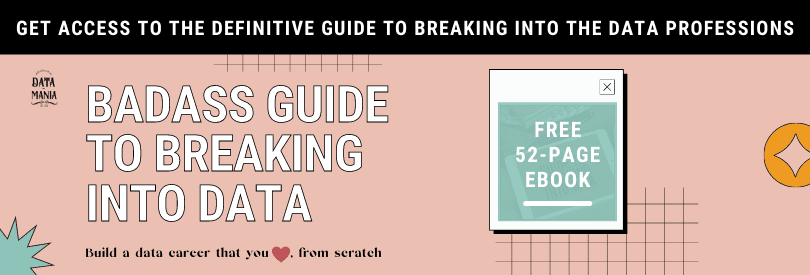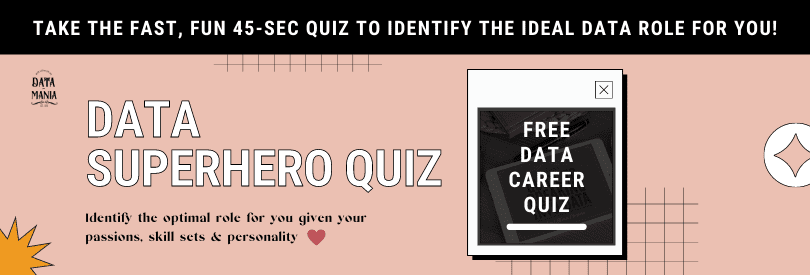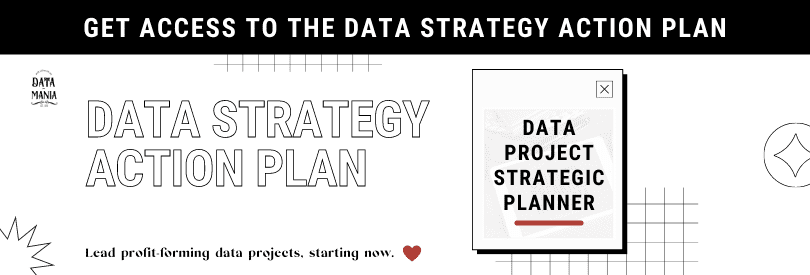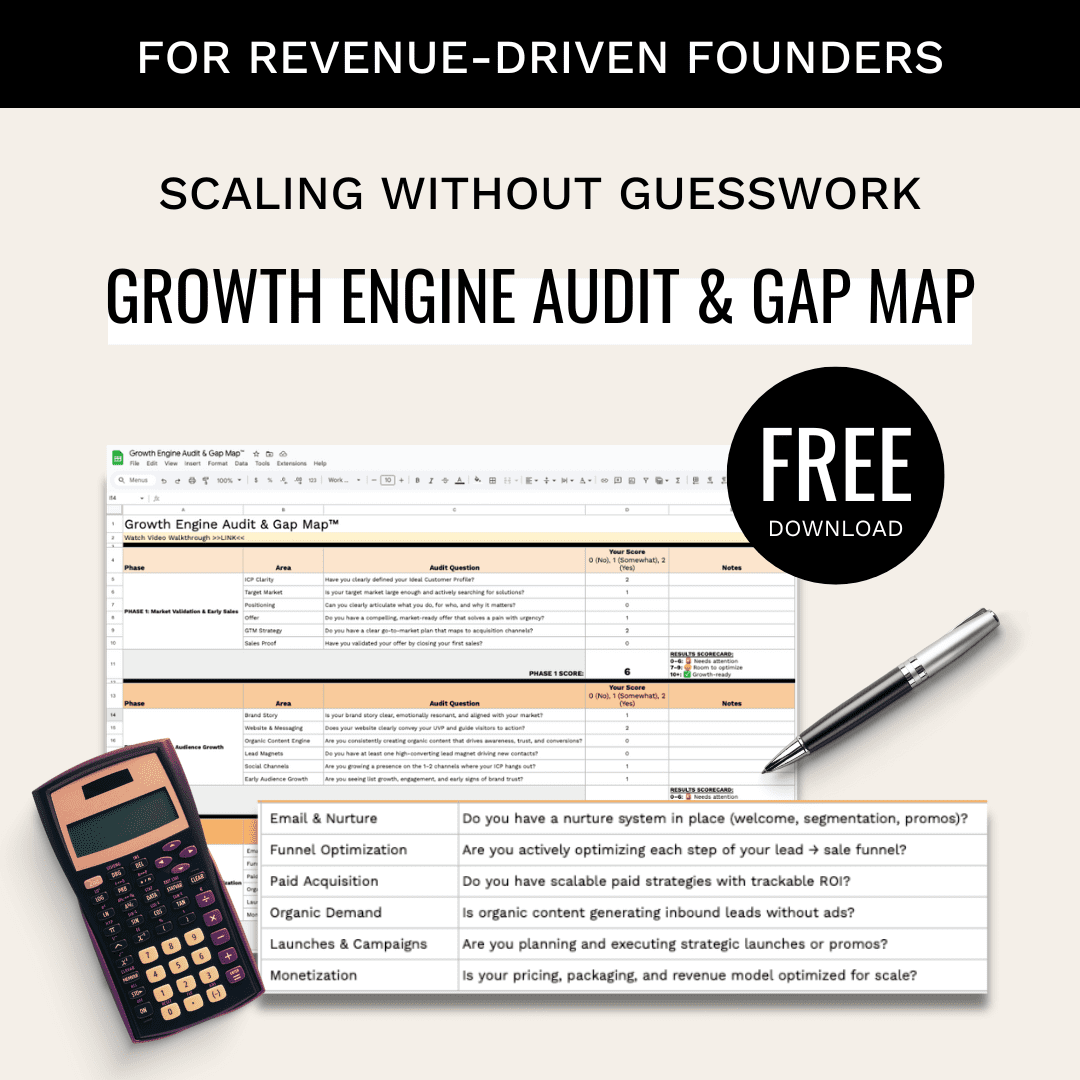Are you curious about a data scientist’s role? If you are, then it’s best you know more about the data scientist job description and see if the role fits you.
Data Scientist and the Data Scientist Job Description
Data science is a new and exciting field that’s changing the way we work. It has become the “holy grail” of business. As data becomes more accessible and as computers become faster, businesses need to be able to analyze this information in order for them to know where they should be investing their time and money.
According to experts I’ve interviewed in the field, data scientist jobs are already having significant impacts on industry sectors – such as in the healthcare or education systems – due to its ability to provide accurate predictions for the future based on past trends – in regards to related behaviors such as product preferences.

Companies employ data scientists all around the world because people recognize that numbers can change how a company operates today or tomorrow. All that being said, having a data scientist job is one of the most promising careers of the future. However, does that mean it’s also one of the most difficult to pursue?
How to nab that data scientist role
When you first start out in data science, it can be difficult to know what skills and knowledge are needed and how to go about getting said knowledge. Should you get a formal education, or is it enough to study on your own? What are the roles and responsibilities of data scientists? What are data scientist job requirements?
Listening to data analytics podcasts
There are many different paths to getting a data scientist job, but one of the most popular routes is through listening and learning from others in the field. My experience in interviewing business executives and data scientists thought leaders on The Analytics Show podcast has taught me that. The best part about data analytics podcasts – like The Analytics Show, Half-Stack Data Science, Show Me The Data, and The Analytics Power Hour to name a few – is that they are free and easy to listen to on the go. We all have those moments throughout our day where we need some downtime, whether it be for commuting or during lunchtime at work, so why not take advantage of this time to grow our knowledge?
What do data science experts say?
When I was just starting on my journey into a data scientist job myself, one thing I found hard to figure out is how would someone get started? One piece of advice from many data science experts was to study mathematics and learn at least one programming language like Python or R. With that, they could not only do statistical analysis but also coding tasks such as creating models for predictive analytics.
Do you need to take a data science course?
Overall, data scientists have differing opinions on the best way to start your journey into the data scientist job realm. Some recommended taking a course, and some say it’s more important to be experts first in their chosen field of work. That’s before exploring other opportunities such as data analytics. Though there is one thing they did all agree. It was how crucial collaboration with others can be when starting out in this field. This is true no matter what path you take towards becoming a practicing professional.
Understanding data scientist responsibilities – Data Scientist Job Description
From my experience and working with many analytics professionals, data science is all about understanding statistics and programming. Data science experts I have interviewed say that a few years of advanced mathematics courses can be helpful. But they say it’s not necessary as long as you are able to pick up algorithms quickly enough. Programming is key too! This could include R or Python skills, depending on what kind of work they’re doing. Actually, this isn’t really an important point because most programs have GUI interfaces now, so coding won’t always be required anyway. For aspiring programmers who don’t happen to enjoy math classes much, there are plenty of free online tutorials available for getting started. Courses with linear algebra, for example, will help get them ready for more complicated subjects like Bayesian.
Data Scientist Job Description: What are data scientist qualifications?
My interviews illustrated the diversity of background data scientists come from. They range widely across industries – education, IT, software development – and careers – teachers, educators, patent attorneys – before turning to a full-time data scientist job. They even had different degree types, ranging from BA/BS and Mathematics. The most common degree among them was Computer Science and Math. However this trend varies as you explore other parts of the world. For example, Europe has more computer engineers than mathematicians turned data scientists. So, do you need a degree for data science? For some professions, not necessarily! If your goal is simply knowledge, then even books could do the trick.
Data scientists in the insurance industry
One of the most promising fields to pursue in data science is in insurance, its future looking bright and bold. The use of algorithms and automation can help improve the field for years to come. Data scientists can help insurers improve their risk models and better understand where they stand. They can also work with the claims department to help classify claims by determining fraudulent claims using machine learning. There’s a huge demand for data scientist jobs in the insurance industry. Many companies are looking for people with backgrounds in statistics and programming to help them make better decisions.
Data science is a rapidly growing field that has the potential to impact every part of society. To get started learning about data, you can start small by listening to our data science podcast once a week. Build yourself up from there by reading blogs, tutorials, reading data scientist job descriptions, or even taking online courses. This is if you want some guidance through your studies or career path into data science. You may also be interested in seeking out a professional data science coach when you’re ready. Regardless of where you are or what stage of life you’re at right now – student or professional – there is no time like the present, especially when it comes to data science. Even if you don’t intend to do a data scientist job full-time, having any knowledge in the subject already increases your professional value by a significant amount.
A Guest Post By…

This blog post was generously contributed to Data-Mania by Jason Tan. Jason Tan is the owner of Data Driven Analytics (DDA) and The Analytics Show (TAS) podcast. Together with his team, they develop & embed analytics into the business operation to optimize results for insurers and financial service companies. At TAS, Jason interviews top business leaders around the world on running a high-performance modern organization, enabled by data science. He tailors each of the interviews to bring the best out of his guests so together they can shed the light on the best practice in enabling embedded analytics to drive business performance.
You can follow Jason on LinkedIn here.
If you’d like to contribute to the Data-Mania blog community yourself, please drop us a line at communication@data-mania.com.
